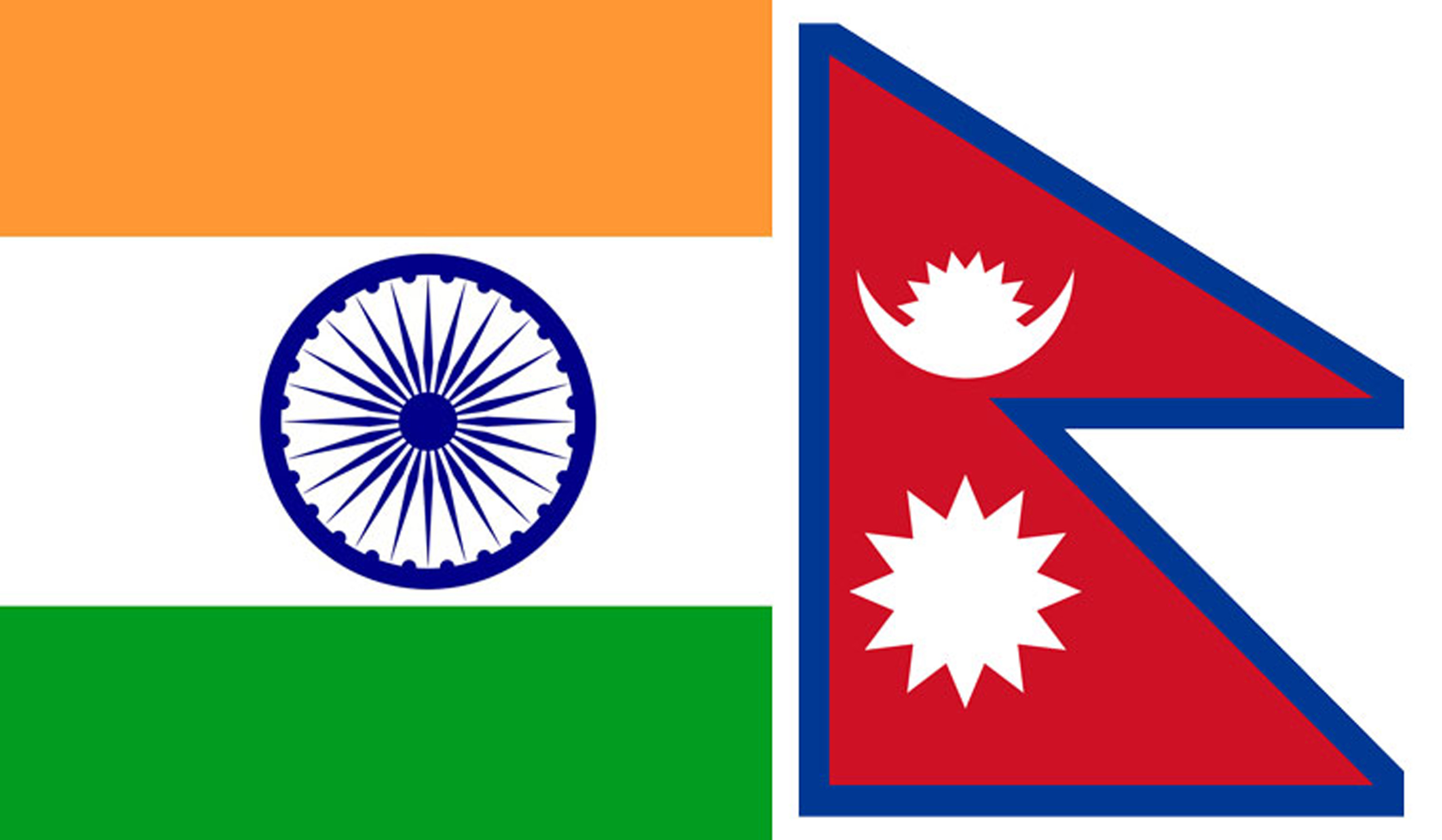India and Nepal are committed to elevating their relationship to new heights and resolving boundary issues and other matters. The PMs of both countries held extensive discussions and made important decisions to strengthen the partnership between the two countries. They remotely inaugurated several projects and signed seven agreements to enhance cooperation, including the extension of a cross-border petroleum pipeline, the development of integrated check posts, and collaboration in hydroelectric power. One significant pact signed was the revised India-Nepal Treaty of Transit.
Nepal heavily relies on India for the transportation of goods and services since it is a landlocked country and its access to the sea is through India. The India-Nepal Treaty of Peace and Friendship, signed in 1950, forms the foundation of the special relations between the two nations. India and Nepal share a unique and multifaceted relationship based on historical, cultural, and geographical ties.
While Indo-Nepal ties have witnessed ups and downs, both countries recognise the importance of maintaining a strong and harmonious relationship. Efforts are continually made to address issues, promote mutual trust, and explore new avenues of cooperation to benefit the people of both nations.
The newfound warmth in India-Nepal relations is a positive development that has the potential to benefit both countries. It can lead to increased trade, investment, and economic growth while fostering peace and stability in the region. Continued efforts in maintaining open communication, resolving outstanding issues, and promoting people-to-people interactions will be crucial in sustaining and further strengthening this positive trajectory.
Prime Minister Narendra Modi has indeed played a significant role in fostering and strengthening the friendship between India and Nepal. His proactive approach and personal efforts have contributed to the positive trajectory of bilateral relations. PM Modi has prioritised engaging with Nepal at the highest level. He has visited Nepal multiple times, including his historic visit in 2014, which marked the first bilateral visit by an Indian Prime Minister in 17 years. These visits have helped build trust and promote meaningful dialogue between the leaders of both countries. PM Modi’s emphasis on development cooperation has been instrumental in enhancing bilateral ties. Through initiatives like the reconstruction of earthquake-hit areas in Nepal, infrastructure development, and connectivity projects, India has demonstrated its commitment to Nepal’s socioeconomic progress. India has shown a willingness to invest in Nepal’s infrastructure projects, including highways, hydropower, and cross-border connectivity. This has created avenues for economic growth and enhanced connectivity between the two countries. Initiatives such as the implementation of cross-border petroleum pipelines, trade facilitation measures, and increased investment have contributed to greater economic integration between the two countries. Efforts to expedite projects related to the Ramayana Circuit, promote tourism, and facilitate educational exchanges have further strengthened the cultural and social ties between the two nations. Present Government has shown a commitment to resolving long-standing boundary disputes between India and Nepal. Efforts have been made to engage in constructive dialogue and find mutually acceptable solutions to these issues, reflecting a sincere desire to strengthen the bilateral relationship.
India and Nepal have deep-rooted historical and cultural connections. The people of both countries share linguistic, ethnic, and religious affinities. The open border between India and Nepal allows for the free movement of people, fostering cross-cultural interactions and exchanges. Both India and Nepal recognise the importance of cooperation in addressing common security challenges, including border security, terrorism, and transnational crimes. Collaborative efforts between their security agencies have been instrumental in maintaining peace and stability in the region.


